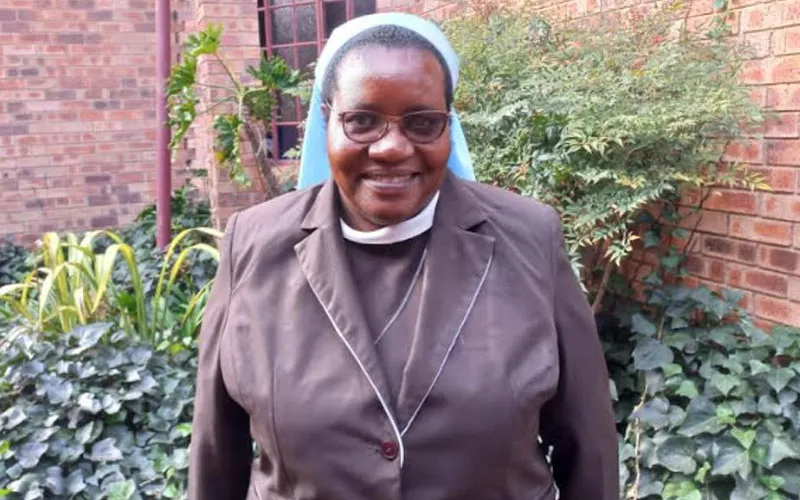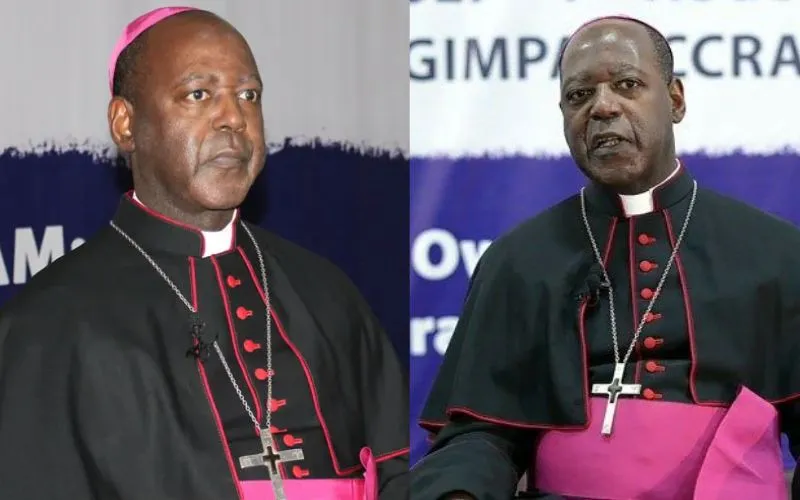Sr. Nyadombo who is at the helm of the Catholic Education Commission and the Child Safeguarding Office of the Zimbabwe Catholic Bishops’ Conference (ZCBC) went on to highlight three levels of prevention that she had shared with participants during the May 17-19 workshop.
“I was quite happy when I was asked to present on preventing abuse; so, I focused on the three levels: we have the primary level for prevention, which deals with understanding the need for prevention,” she said, recalling her input during the workshop that was hosted by the Inter-Regional Meeting of the Bishops of Southern Africa (IMBISA).
The native of Zimbabwe added in reference to the second level of prevention, “We have the secondary level for prevention, which deals with human development.”
The third level of prevention, she said, is “the tertiary level, which is about behavior change, understanding our stages of development from a psychological perspective.”
Making reference to the five Rs of safeguarding (Recognize, Respond, Report, Record & Refer), the HLMC member said, “It was important for participants to understand the importance of the five Rs of safeguarding, because if you don’t understand the procedure then it’s difficult to deal with cases of abuse.”
Sr. Nyadombo highlighted various aspects involved in the healing process. She said, “The healing part of safeguarding must be approached holistically. We have the physical part, we have the spiritual part, we have the social part, we have the intellectual part, we also have the environment.”
“Is the person safe in that environment? How best can we improve our relationship? How best can we extend our need to support each other in the Church?” she posed, recalling her interaction with participants during the workshop that brought together representatives of women Religious in the nine-member countries of IMBISA, namely, Angola, Botswana, Eswatini, Lesotho, Mozambique, Namibia, São Tomé and Príncipe, South Africa and Zimbabwe.
During the workshop, she further said, “We touched on secondary issues; we touched on the spiritual issues, social issues, as well as emotional healing. We also touched on trauma, the causes of trauma, how we identify a problem, which is making a person traumatized.”
In a statement issues May 20, representatives of women Religious in IMBISA express their commitment to promoting “the Aims and Vision of IMBISA in our respective countries, where everyone is going to operate in an inclusive approach and promote collaboration, Unity in diversity, Communion, Participation and Mission in a Synodal Church.”
“We look forward to ongoing Formation on Safeguarding for Bishops, Priests, Brothers, Sisters, and Laity, that all will have relevant knowledge on current Laws and issues on Safeguarding,” the women Religious say in their collective statement.








